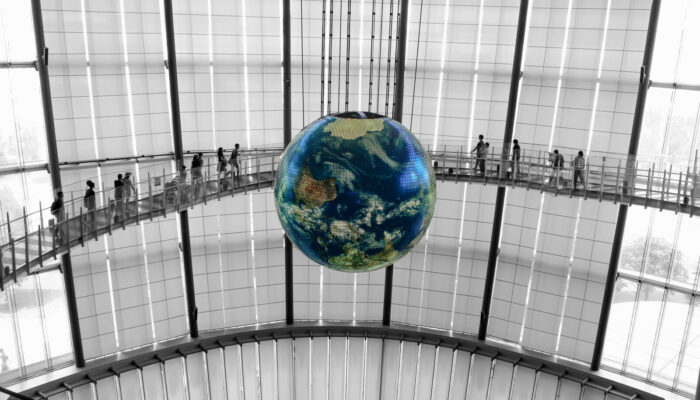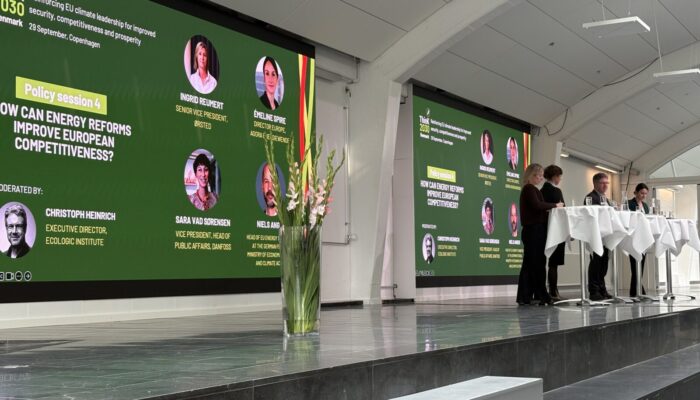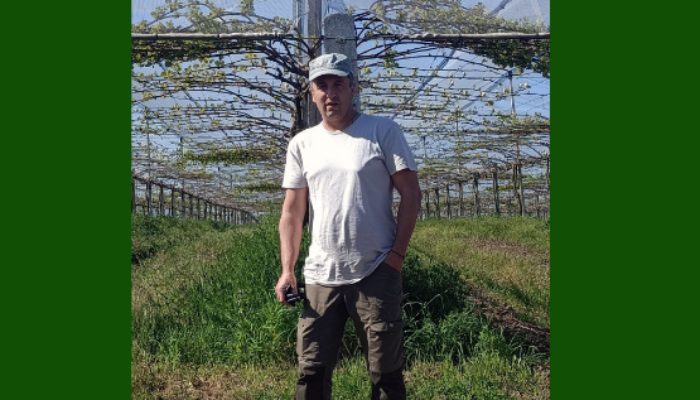The Think2030 Dialogue Denmark was held in crucial times, since once the uncontested frontrunner in global climate governance, Europe now faces the dual challenge of renewing its leadership and maintaining competitiveness amid a shifting geopolitical and technological landscape, alongside a constantly changing multilateral world order. At a time when global competition over clean technologies, res ...[Read More]
GeoPolicy: The academic practice of resistance: Learning solutions in the age of autocracy

This blog summarises The Anti-Autocracy Handbook: A Scholars’ Guide to Navigating Democratic Backsliding. This handbook provides practical strategies for academics facing politically hostile environments and offers a framework to protect scientific integrity and academic freedom without compromising personal safety. Around the world, we are witnessing a disturbing rise in democratic backslid ...[Read More]
Beyond the blame game: Bridging Climate science and policy Action

Findings supporting the urgency of climate change are coming ever-so-fast. Yet, so it seems that various economic, political, and ideological groups are stepping up their denial game. The complexity of the current state was reflected during the EGU25 press conference “Hot takes & policy quakes: When geoscience meets social science.” The speakers, Florian Ulrich Jehn [a], Chris Smit ...[Read More]
GeoTalk: Adriano Sofo, soil chemist and microbiologist, National Geographic Explorer, and EGU Biodiversity Task Force member
Adriano, welcome to GeoTalk! As an Associate Professor of Agricultural Chemistry and Plant Biology, you work a lot on microbiology and chemistry related to soil management. Can you tell us a bit about how your work is relevant for society? Thank you, Chloe! It is a pleasure. My research in soil chemistry and microbiology directly contributes to understanding factors influencing crop yield and qual ...[Read More]


